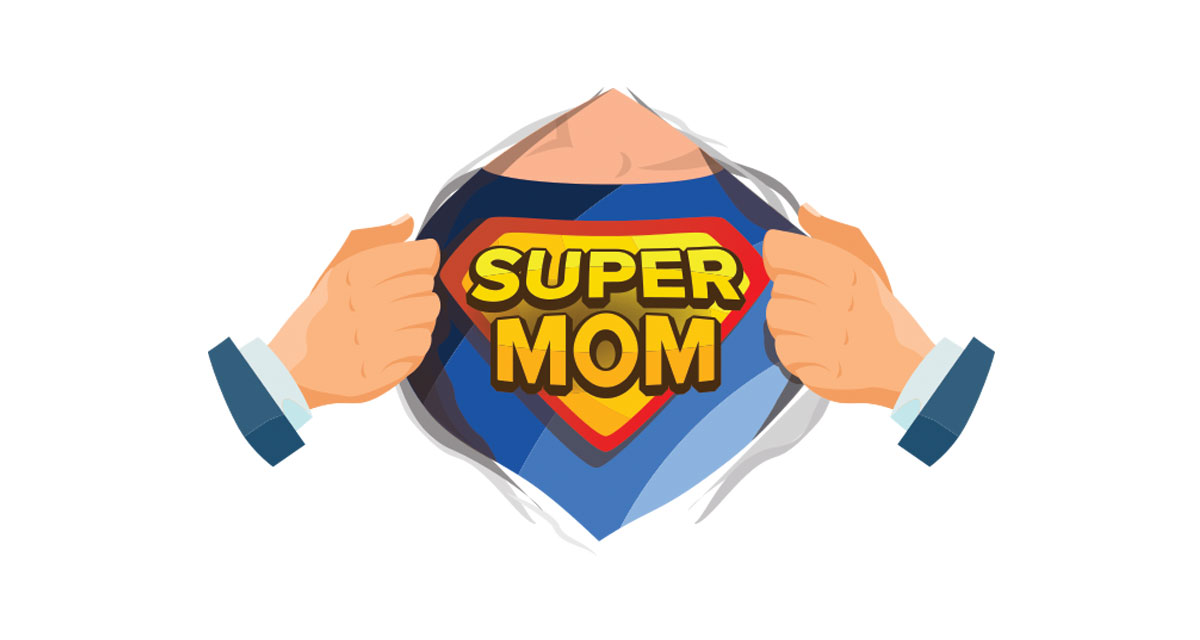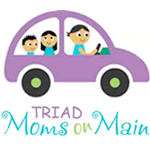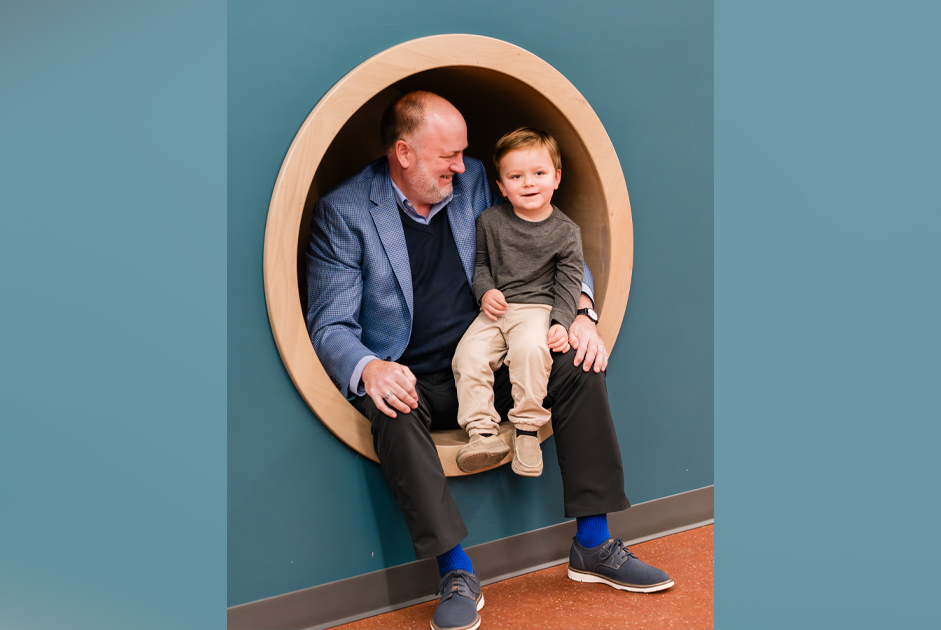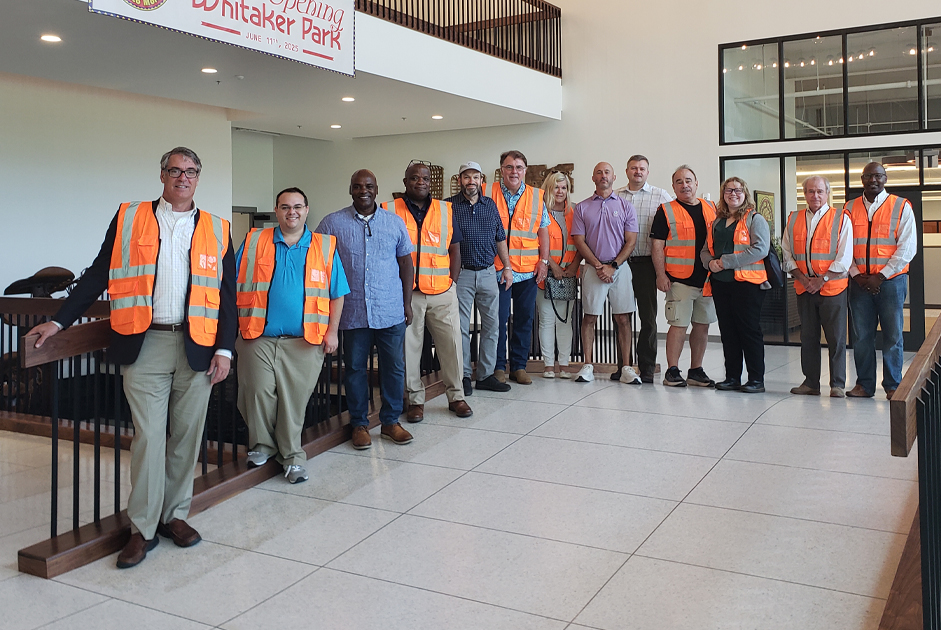BY TRIAD MOMS ON MAIN BLOGGER ASHLEY QUINN KIBBY
Parenting is transformational on every level. Overnight, my husband and I multiplied from two to four. We became oxytocin bodies, with increased feedback loops for social experience and bonding. We interrupted our daily wakefulness, work, play, and sleep regimen to adopt new routines that revolved around feeding two babies every three hours. We were an inverted triangle of Maslow’s hierarchy of needs. We could no longer prioritize our relationships or our creative potential. We were devoted to meeting the family’s most basic needs for food, rest, and safety. First for our babies, then for us.
Perhaps this was where I went wrong as a parent during the early days. When the flight attendants instructed me to place my oxygen mask on myself before helping others, I didn’t appreciate the far-reaching width of their wisdom. But how easy is it really, to follow instructions when your plane is crashing? Or your infants are screaming? And I say screaming, because crying would be a misnomer. Our babies shrieked like small, wounded dinosaurs. Shrill and high-pitched, just wavelengths below a dog whistle.
As a new mother, I had adopted the priority of always stopping the screaming as quickly as possible. Part of this was driven by rational thought. The baby is in distress. She needs something. I will figure out what she needs. I will put an end to this madness. But most of it was driven by anxiety. The sound of the baby crying was like a fire alarm blasting through my ears. My heart rate escalated, and my nerves grew agitated. If I could stop their crying, I could stop my panic, serving us all simultaneously.
In many ways, I felt blessed to be the ever-faithful antidote to my infants’ distress. The moment I picked them up, all was right in their worlds. The whimpers left their bodies as their faces relaxed and I instantly transformed the turbulent waters of their stormy seas into glassy still lakes on windless mornings. I was the boat that carried them to the shores of safety, gently rocking them to sleep and shushing them to stillness. We three were a web of trust, love, and calming chemicals. The makings of both a beautiful bond—and a heavy responsibility.
Since I held the key to the door of tranquility, what was the point of having others fumble around with the doorknob? This was the rub, the other side of my magical coin. While I imagine my husband had more involvement than many, when it came to soothe them— especially at 12 am., 3 am., and 6 am.—we both grew frustrated that Mike didn’t share my special powers.
“This is what I do,” I’d say as I shifted my weight from foot to foot. “Try it like this,” I suggested, carefully demonstrating the subtleties of my personal sway.
“I’m doing that!” he’d respond in frustration. “It doesn’t matter what I do,” he lamented. And so, I took over. I told myself it was easier that way. Better. Less crying. More efficiency.
It went on like this for months, with me managing the brunt of the twins’ caregiving, running our household, and working in between. I was Supermom. And then, I was everything that Supermom is not. Exhausted, overwhelmed, anxious, angry, and easily thrown off course. There are many names for what I experienced. Mental fatigue. Overwhelmed. Mommy burnout. My favorite is this: Supermom Syndrome. The delusional belief held by a mother that she is capable of doing all the things for all the people.
It took ten months and a mental health crisis for me to admit three things: 1) I can’t do it all, 2) I can’t expect others to do things just like me, and 3) My worth as a mother is not measured in productivity or in keeping my children perfectly content at every moment. To this last point, I also realized that my contentment was equally, if not more, important as my children’s. When I made the time to fill up my cup, not only with sleep and nutrition but also with creativity, community and spirituality, I felt whole. I felt happy. But before I could reclaim the balance a healthy life requires, I had to ask for, allow, and accept, help.



















